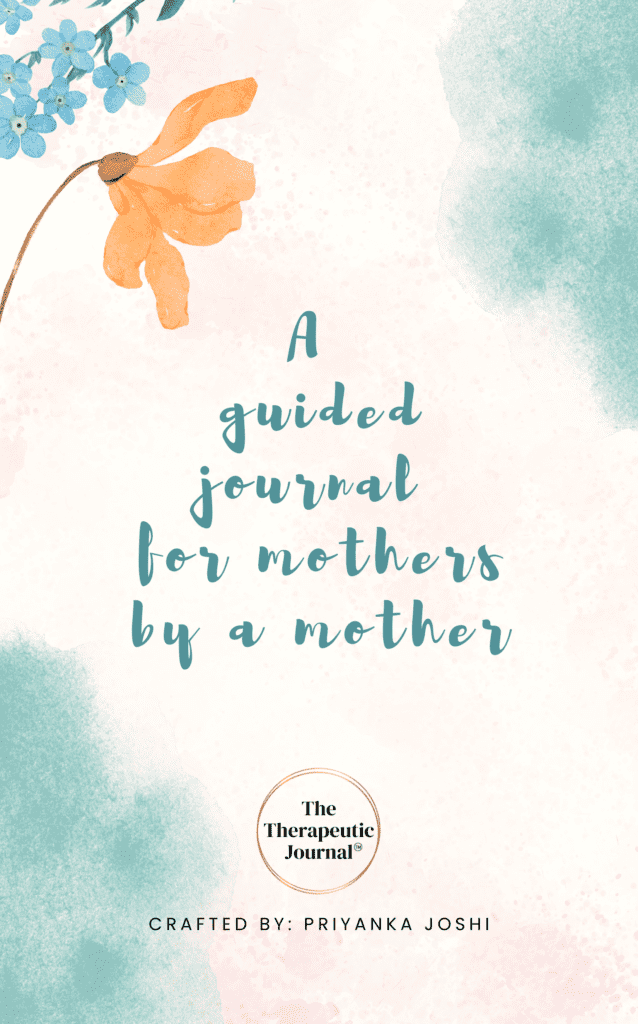Emotions are an integral part of our human experience. They guide our reactions, decisions, and interactions. But let’s face it, life can throw us some curveballs, and we might lose perspective on how to respond to a situation. That’s where coping skills can rescue us. Coping skills are like a collection of tools in our emotional toolbox, helping us manage stress, anxiety, sadness, and other emotions in healthier ways.
So, how can we identify the coping skills that work best for us? The journey starts with self-awareness. Knowing what we need and what works best for us. Take some time to reflect on how you typically react to challenging situations. Do you find yourself getting overwhelmed easily, or do you tend to isolate yourself? None of it is wrong, but understanding these patterns can be a valuable first step in choosing coping strategies that align with your needs.
5 ways to develop coping skills
Let’s explore a few essential coping skills that you might consider developing:
1. Deep Breathing and Mindfulness:
Practising deep breathing exercises and mindfulness can help you stay present in the moment. When you’re feeling stressed or overwhelmed, take a pause, inhale deeply, and exhale slowly. This simple practice can bring a sense of calm and clarity to even the toughest situations.
2. Emotional Expression:
Give yourself permission to express your emotions. Whether through journaling, talking to a friend, or engaging in a creative activity, expressing your feelings can be incredibly cathartic and prevent emotions from getting bottled up.
3. Positive Self-Talk:
Our inner dialogue can greatly impact our emotional well-being. Practice replacing negative self-talk with positive and compassionate affirmations. Treating yourself with kindness can help build resilience in the face of adversity.
4. Physical Activity:
Engaging in regular physical activity not only benefits your physical health but also has a profound impact on your emotional state. Whether it’s a walk, a yoga session, or a workout, moving your body releases endorphins that can boost your mood.
5. Seeking Support:
Remember, you don’t have to go through challenging times alone. Reach out to friends, family, or a mental health professional for support. Talking about your feelings can provide fresh perspectives and a sense of connection.
Developing coping skills is a gradual process, much like building a muscle. It takes time and consistent practice. What works for one person might not work for another, and that’s okay. The key is to explore different techniques and find what resonates with you.
Here’s a simple exercise for my readers: I encourage you to take a few moments each day to check in with yourself. Ask how you’re feeling, what is making you feel that way and what would help you the most in that situation – try to identify a coping skill matching that. Over time, you’ll create a personalised toolbox filled with different tools that will help you strengthen your emotional well-being.








